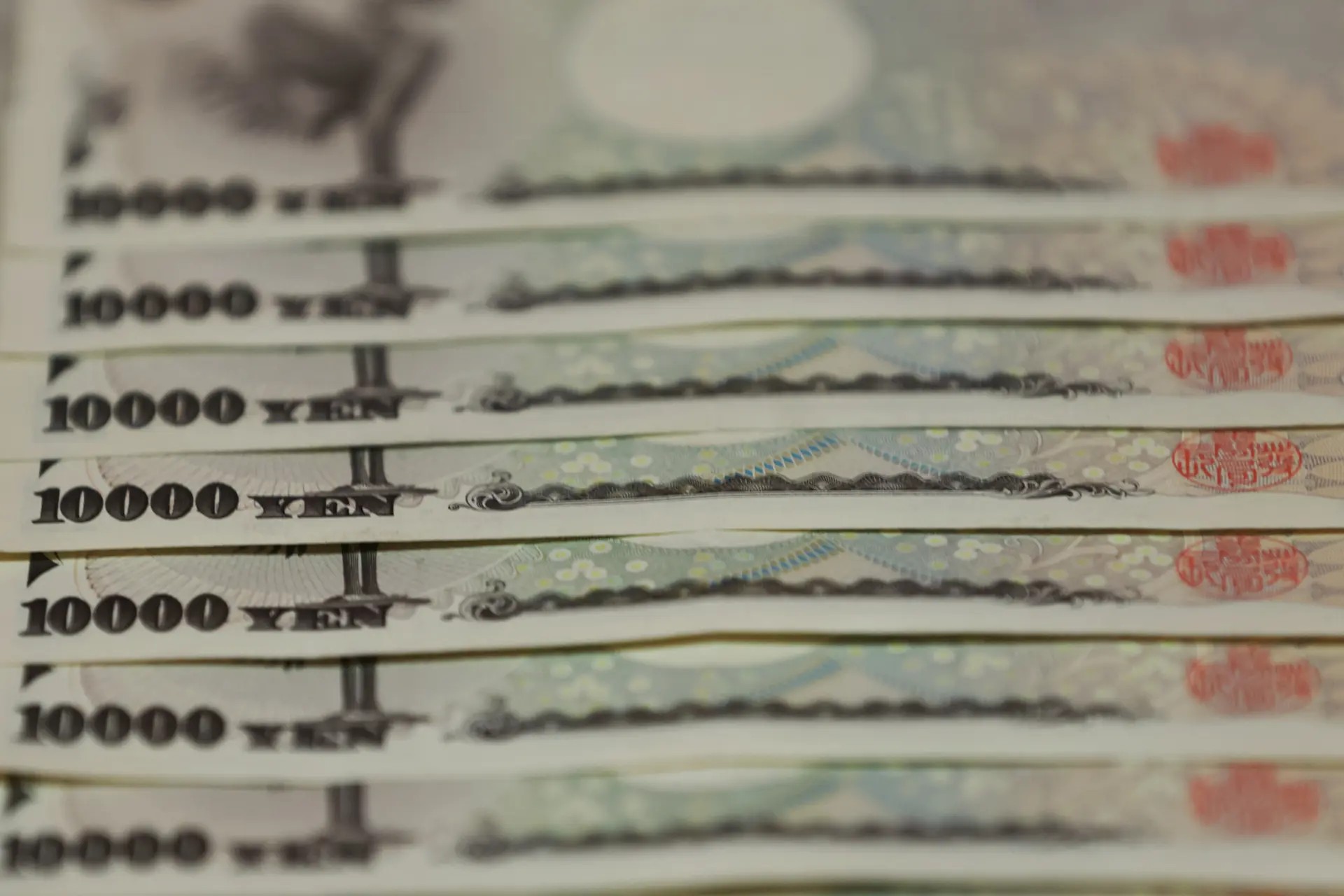The Japanese yen rose in early trading on Monday, reversing earlier declines as escalating tensions in the Middle East increased demand for the Japanese currency as a safe haven.
Tel Aviv is considering a response to a rocket attack on the Israeli-occupied Golan Heights that killed 12 people. Israel and the United States have accused Lebanon's Hezbollah of being responsible for the attack on the town of Majdal Shams in the Golan.
The market reaction reveals the fragility of investor sentiment following last week's rapid sell-off in technology stocks that helped the yen rise to a 12-week high against the dollar on Thursday.
The dollar was last down 0.17 percent at 153.51 yen after initially falling 0.35 percent.
The dollar started trading today with a rise of about 0.36 percent as the global stock market recovery extended from Friday to Monday in Asia, with the average shares of the Japanese Nikkei index rising by more than two percent.
The dollar fell to 151.945 yen on Thursday for the first time since May 3, and ended the week down 2.4 percent in its worst weekly performance since late April.
The dollar index, which measures the currency against the yen, euro, pound and six other major currencies, fell 0.19 percent to 104.17.
The euro fell 0.15 percent to 166.53 yen.
It settled at 84.35 British pence, not far from its highest level of 84.48 pence on Friday, which was the strongest since July 10.
The pound rose 0.14 percent to $1.2885.
The Australian dollar rose 0.24 percent to $0.6563, recovering from Friday's low of $0.65105, a level not seen since early May.
Major cryptocurrency bitcoin rose 2.6 percent to $69,212 after getting some support from positive comments from Republican presidential candidate and former US President Donald Trump. Trump said of bitcoin on Saturday that the United States must dominate the sector or China will.






































